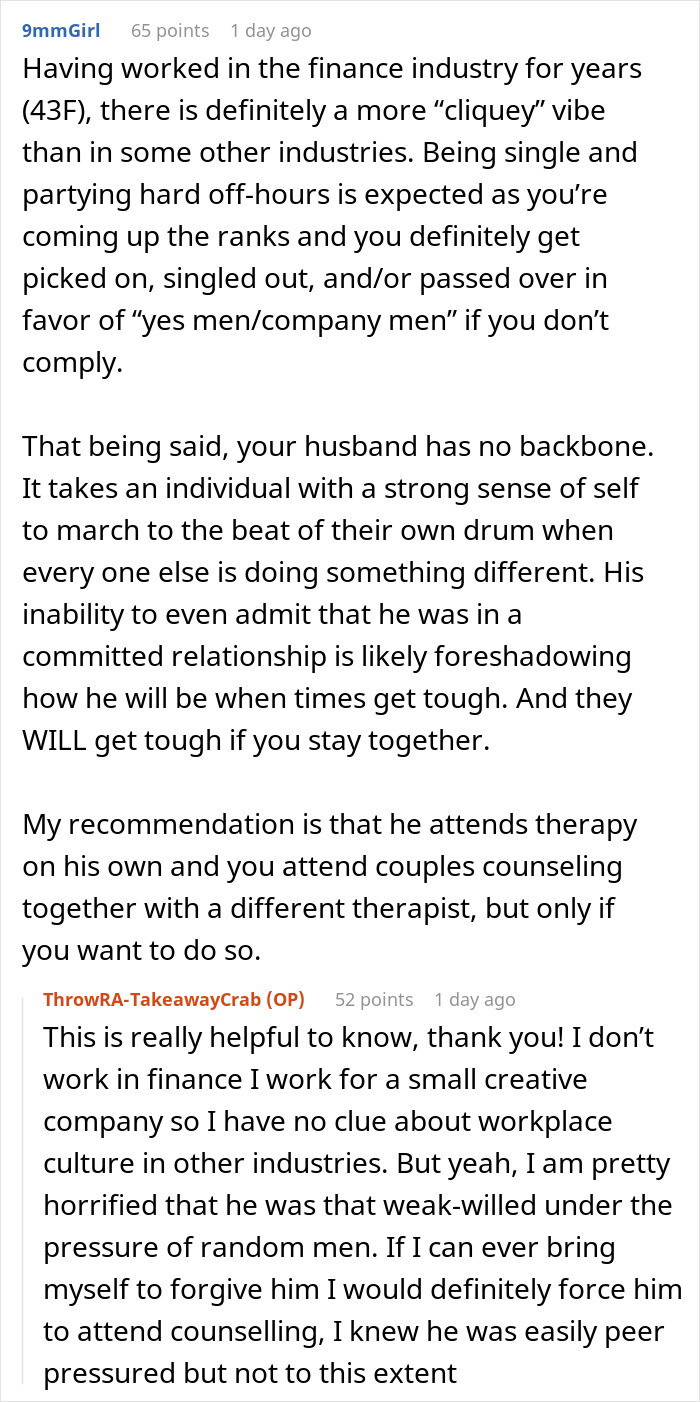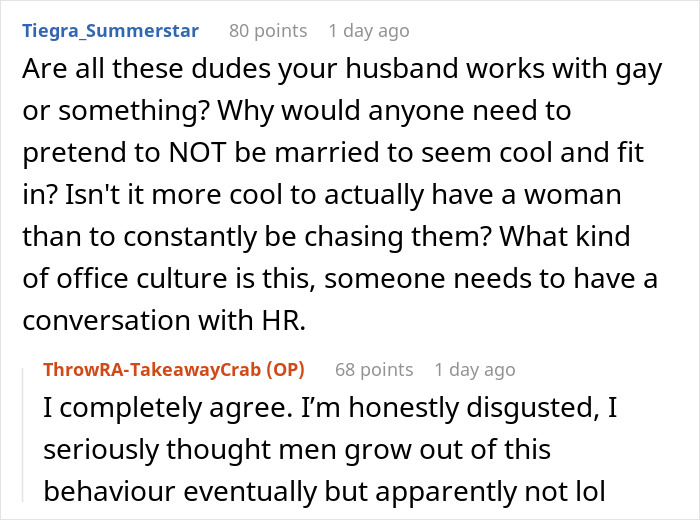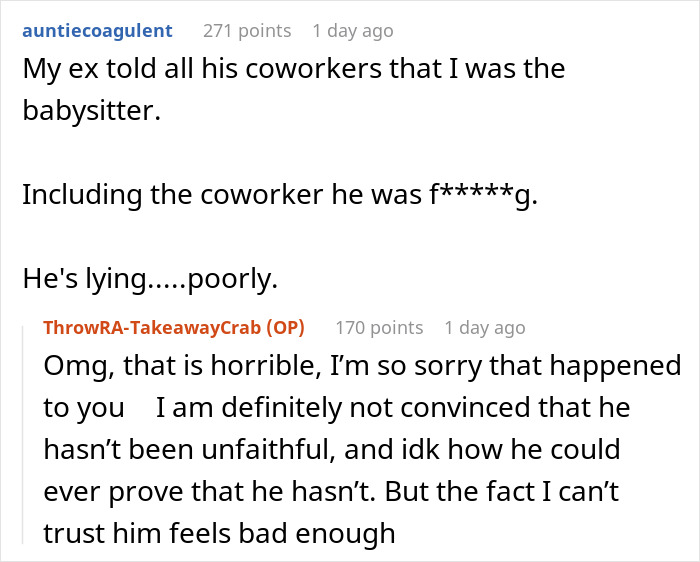Many employees tell little white lies at work, from bending the truth about missed deadlines to avoiding unnecessary meetings. We often turn to deception out of fear of losing one’s job or respect, not being in the know, or not being able to fit in.
Recently, redditor ThrowRA-TakeawayCrab found out that her husband was telling a horrible lie about her just so he wouldn’t be cast out by his colleagues. Lost as to what to do with such information, she turned online for unbiased advice.
Many employees tell little white lies at work

Image credits: Vladdeep (not the actual image)
But this man’s bending of the truth was so horrible it threatened his marriage

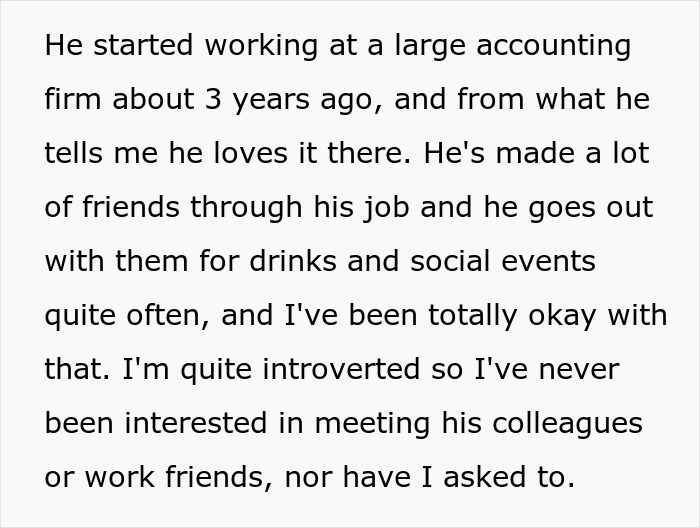
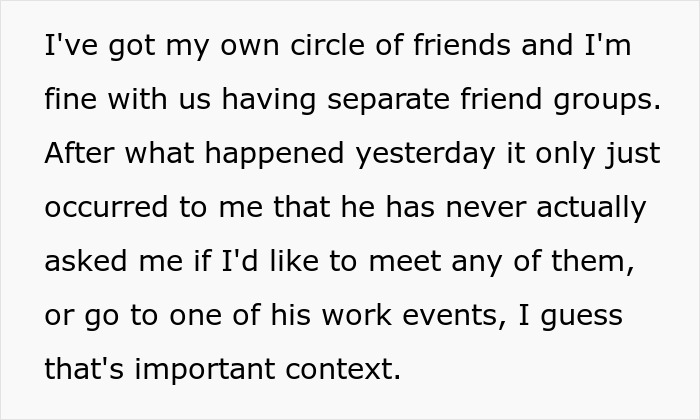
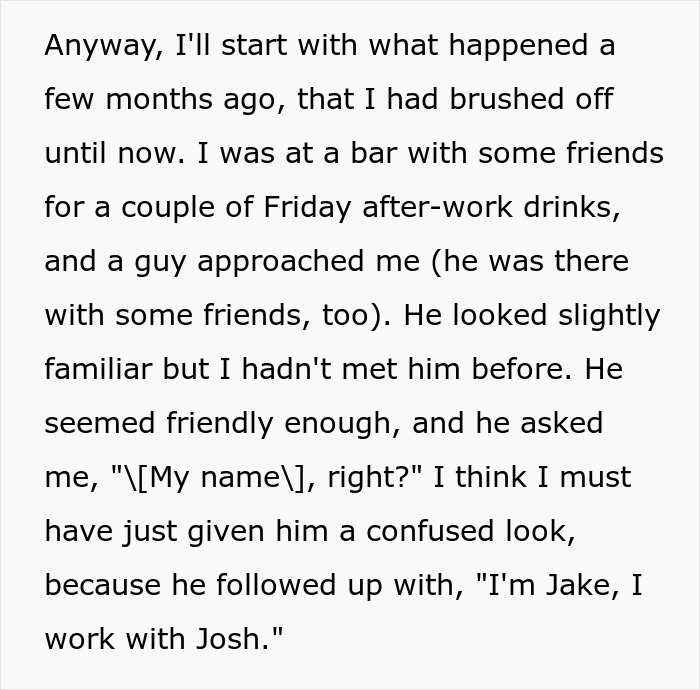
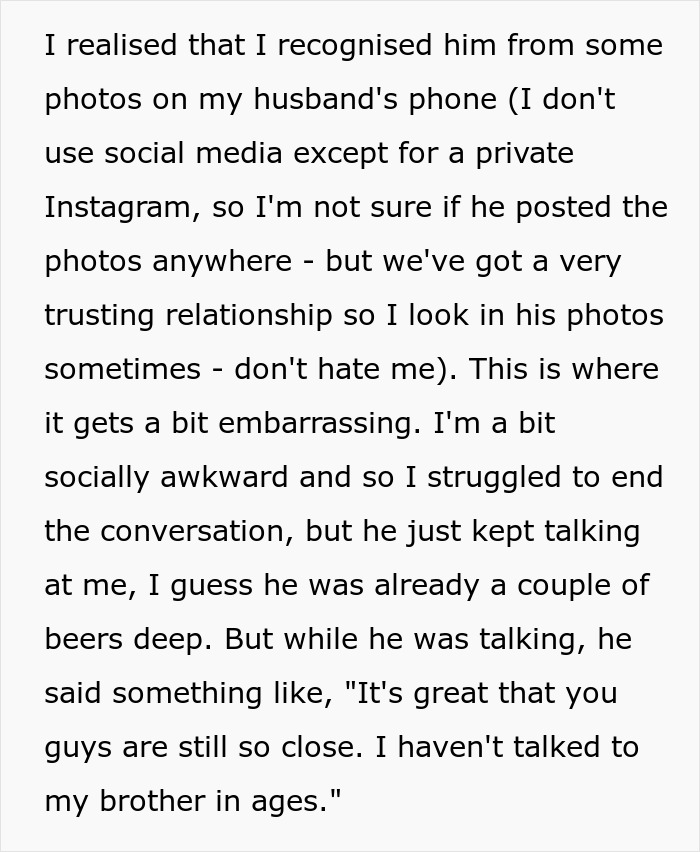

Image credits: Darlene Alderson (not the actual image)







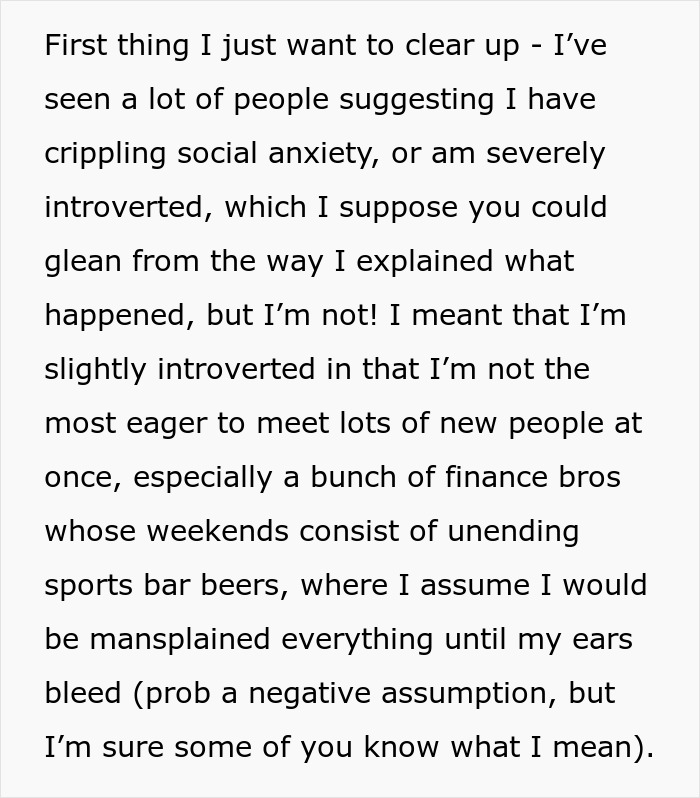
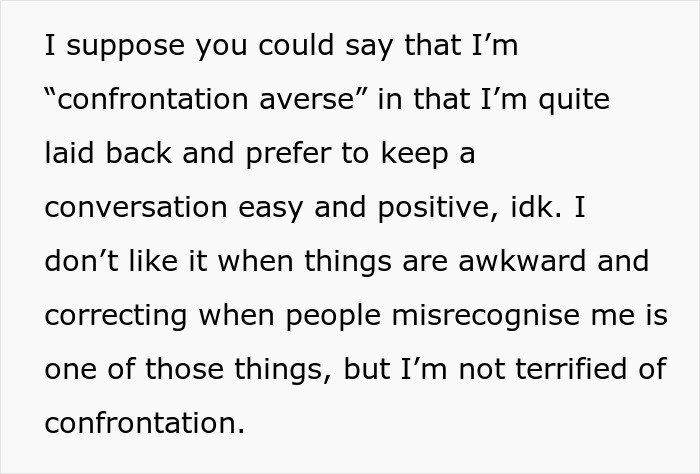
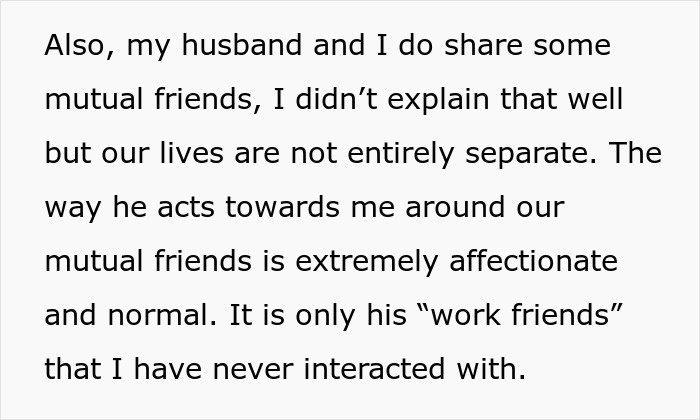

Image credits: The Jopwell Collection (not the actual image)

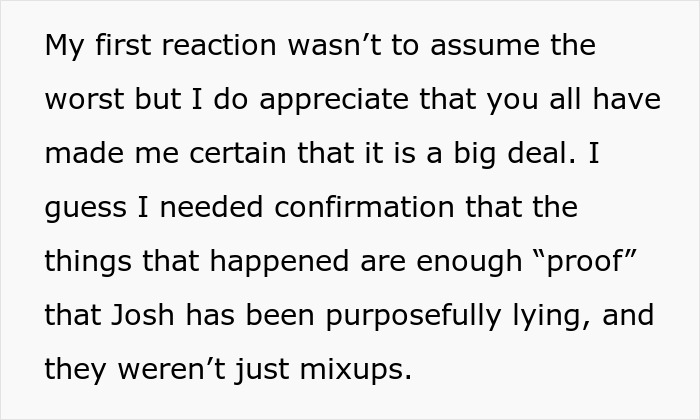

Image credits: ThrowRA-TakeawayCra
People who are unsatisfied with their work tell lies more frequently
SimplyHired has surveyed over 1,000 full-time employees to find out what white lies they tell at work. The top two were not feeling well and having plans after work. Some other common lies include being stuck in traffic on the way to the office, saying “I’m working on it right now,” and “I’m just tired.”
It was also found that people who are unsatisfied with their work tell lies more frequently. This means that the issue often stems from, or is caused by, the workplace. When executive coach Carol Kinsey Goman, Ph.D., surveyed 547 business professionals, she found out that employees justified lying when they were faced with policies that left them no other option.
“I’ll say I’m sick when what I really need is a sanity break. But why can’t employees take a mental health day? Why make us lie about it?” one said. Professionals were more tempted to bend the truth when their boss couldn’t handle bad news and faced repercussions or showed favoritism. “The minute we saw how the manager plays favorites, we all felt pressured to ‘suck up,” another said.
In addition, employees tended to withhold the truth when the workplace didn’t accept mistakes or they followed the example of their leaders. “I wasn’t a liar until I started working for a company with a toxic senior management team. It is common knowledge that they tell lies about their own schedules (working from home, showing up late, taking long lunches, etc.). Now I think it only fair that I do the same.”

Image credits: Christina Morillo (not the actual image)
Some employees feel like they have to pretend to fit in with the rest of their team
Such toxic environments at work can make some employees feel like they have to pretend to fit in with the rest of their team. In fact, almost one in five workers in the UK puts on a false front at the office. Over a fifth believed that they would be more productive if they could be authentically themselves instead of dedicating energy to hiding.
Data shows that nearly half of people (44%) alter their personalities out of fear of how they’ll be perceived. 29% of LGBTQ+ employees worry about what others will think if they are their true selves at their jobs.
To embrace your true self at work, it’s important to identify whether the problem is external or internal. Often, people feel like outsiders because they overthink how others perceive them, creating a problem in their heads. In such cases, the solution lies in working on their self-esteem rather than adjusting other employee behavior. This can be done by observing how coworkers interact and creating connection opportunities. It’s enough to start small, like joining a conversation before meetings, asking colleagues about their lives, and listening to their responses. Inviting them to lunch is also a great way to feel more comfortable with one another.
On the other hand, if one feels uncomfortable at work and faces hostility or dismissal from colleagues, they may need to address external factors. It might be helpful to check in with a mentor or a friend, who may offer a second opinion, suggestions, or a sympathetic ear. If the situation isn’t getting better, it could be a good idea to reach out to an HR representative.
When it seems that everything to fix the situation is done, it may mean that it’s time to move on. “At some point, cutting your losses so you can have a fresh start at an organization more well-aligned to who you are will allow you to be yourself, make the most of who you are, and achieve results that benefit your organization and your own career trajectory,” career consultant Joseph Liu says.

Image credits: fauxels (not the actul image)
As asked, readers shared advice with the author



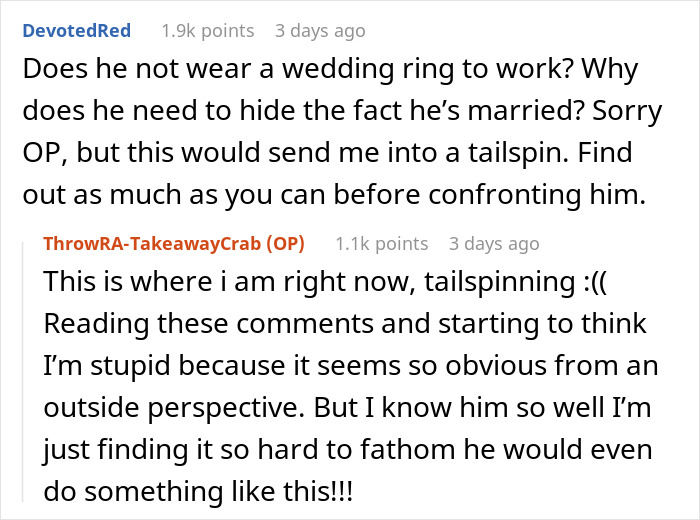



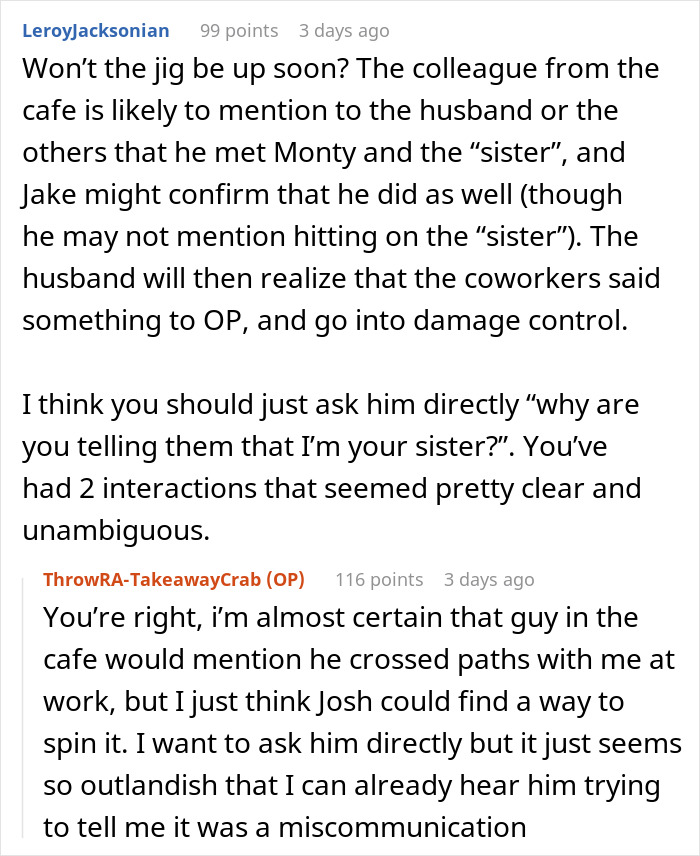

Later, she came back with an update




Image credits: varyapigu (not the actual image)

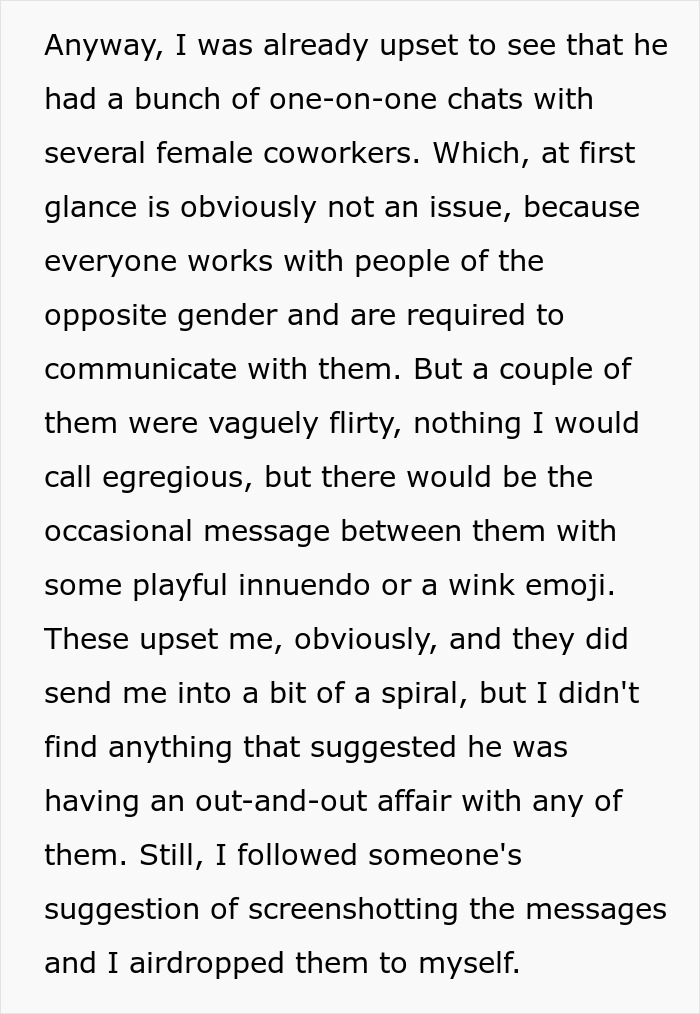



Image credits: Dimitri Karastelev (not the actual image)






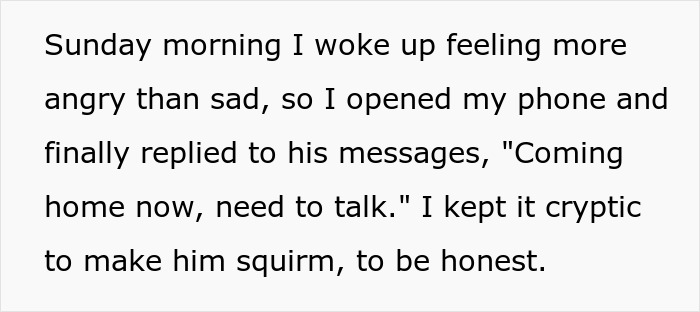
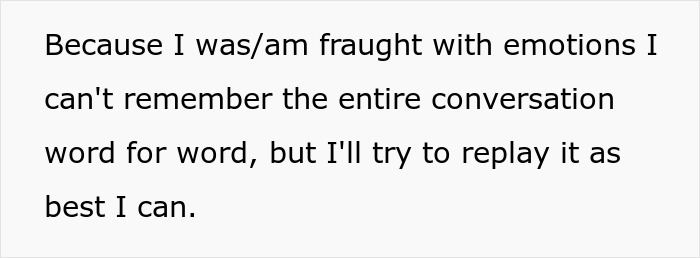




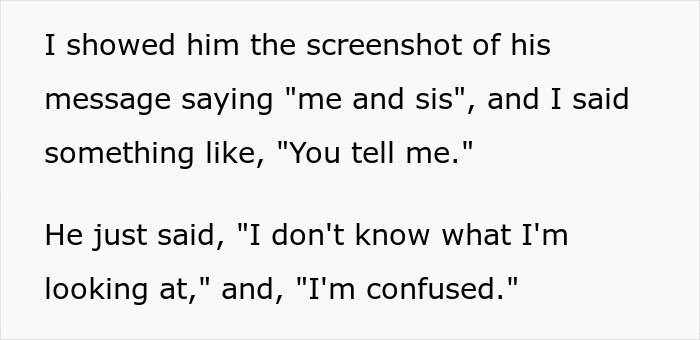




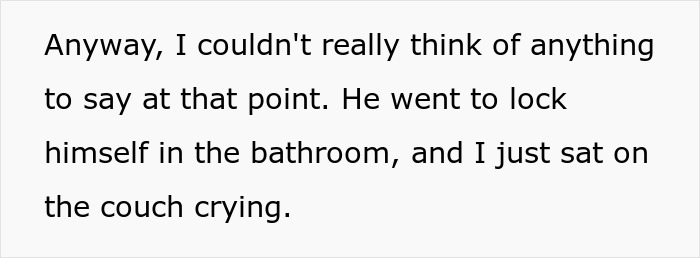




Image credits: Karolina Kaboompics (not the actual image)

Image credits: ThrowRA-TakeawayCrab
Readers accused the husband of lying very poorly

